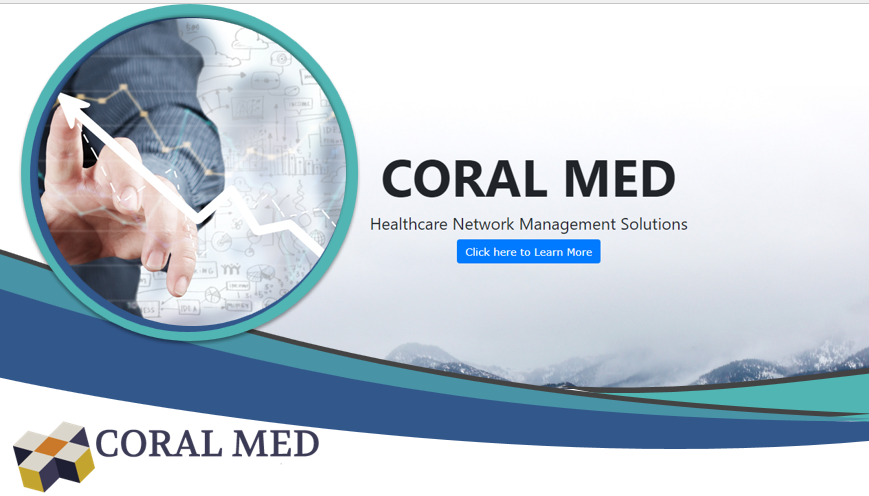Description
This unit examines dispute resolution and conflict management within payer-provider contracts, focusing on how healthcare organizations navigate disagreements over reimbursement, compliance, and performance terms.
Learners explore both informal and formal resolution pathways, including negotiation, mediation, arbitration, and appeals, as well as the legal and contractual clauses that govern each stage. The course provides hands-on opportunities to interpret contract language, evaluate restrictive clauses, and draft professional correspondence related to dispute management.
Through case-based exercises and real contract excerpts, learners gain the skills to address conflicts ethically and strategically preserving payer relationships while safeguarding organizational financial and legal interests.
1. Identify the dispute resolution clauses typically included in payer-provider contracts.
2. Explain the steps in resolving payment disputes, from informal negotiation to formal appeals.
3. Interpret contract language to determine appropriate dispute resolution methods.
4. Evaluate the impact of restrictive clauses on provider recourse.
5. Apply best practices for managing contract disputes while maintaining payer relationships.
6. Draft professional communication related to contract disputes, citing relevant contract terms.
7. Analyze real-world contract conflict scenarios and determine resolution pathways.
After completing this unit, learners will be able to:
• Identify and explain contractual clauses that govern dispute resolution and payment appeals.
• Demonstrate step-by-step understanding of the dispute lifecycle—from initial negotiation to binding arbitration or litigation.
• Interpret restrictive clauses (e.g., binding arbitration) and assess their impact on provider rights and recourse.
• Apply professional writing standards in drafting payer communications, appeal letters, or dispute summaries.
• Evaluate real-world contract scenarios to recommend evidence-based resolution strategies.
• Maintain payer relationships through effective negotiation, communication, and ethical conflict management.
• Integrate legal and compliance principles into daily contract dispute handling practices.
• Foundational knowledge of Healthcare Reimbursement systems or equivalent experience with payer contracts.
• Basic understanding of healthcare reimbursement processes, regulatory frameworks, and contract terms.
• Prior exposure to payer contracts, rate negotiation, and legal compliance is recommended.
• Contract Managers and Payer Relations Specialists involved in resolving financial or service disputes.
• Revenue Cycle and Reimbursement Analysts who handle payer denials or claim escalations.
• Health Administrators and Executives overseeing payer partnerships and contract renewals.



